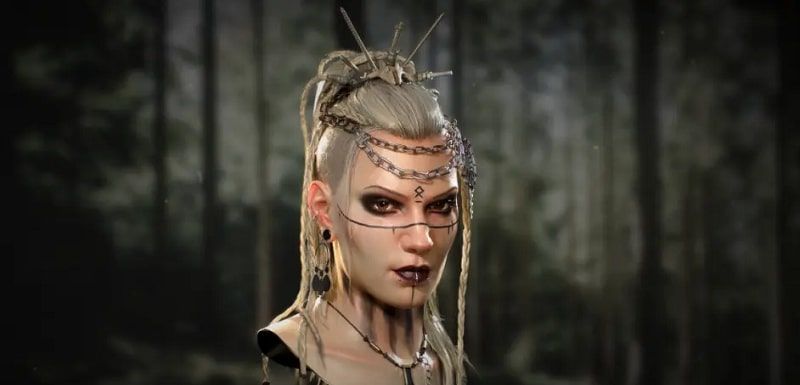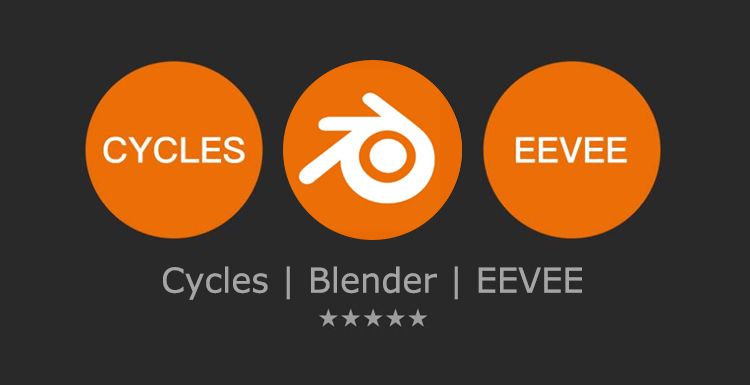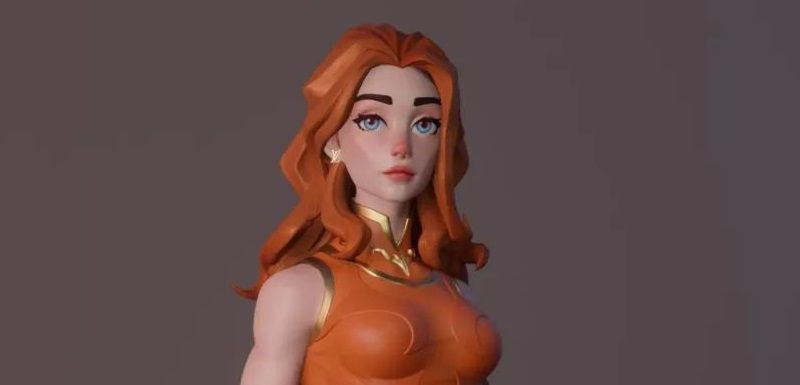Which is Better, Maya or Blender?

If you want to learn about 3D, then you must have heard of Maya and Blender, both are commonly used 3D software, but which one is better? Here's an article about the difference between Maya and Blender from the best cloud rendering provider and render farm, Fox Renderfarm.
What is Maya and what is Blender?
Maya is a 3D computer graphics application developed by Alias Systems Corporation and currently owned by Autodesk, Inc. It runs efficiently on Windows, Mac OS, and Linux. Maya is used to create various things such as video games, animated movies, TV shows, visual effects, etc.
Maya provides a comprehensive set of tools for modeling, animating, and other 3D creation tasks. Developers can edit and create 3D models in a variety of formats, and then animate those models using the animation tools provided by the Maya suite. The tools can be used to efficiently render realistic images and animated visual effects based on animated 3D scenes.

Blender is an open source 3D computer graphics software toolset developed by the Blender Foundation. It is used to create animated movies, visual effects, 3D models and video games. It is available for Windows, Mac OS and Linux.
The Blender Foundation is the non-profit organization that actually keeps Blender running and organizes this open source project. Blender has a wide variety of tools for almost any type of media project. With Blender you can efficiently create animated feature films, games, interactive applications, including kiosks and scientific studies.

Maya is available to users in an integrated software application that is designed to increase productivity and ease of use. Its software interface is customizable; therefore, skilled developers can take their productivity to a higher level. It allows developers to extend their Maya capabilities by providing access to the (MEL) Maya embedded language. Using MEL, developers can customize the interface by writing scripts and macros.
Blender is a cross-platform application that runs on Linux, Mac OS and Windows systems. Its memory and hard drive requirements are minimal compared to other 3D creation tools, and Blender's interface uses OpenGL to provide a consistent experience on all supported hardware and platforms.
A full set of APIs (Application Programming Interfaces) is available to accelerate the features and functionality of Maya. It also provides a Python-based API for those who want to use it.
Blender comes with a wide range of basic tools such as modeling, rendering, animation, video editing, VFX, texturing, rigging, simulation and game creation. Blender adds complexity and jargon. There are multiple terms such as UV mapping, materials, meshes, shaders, etc. which are the artist's medium. Understanding these terms will help developers take full advantage of Blender.
Maya Dynamics helps developers create compelling visual simulations. Many more dynamics tools are available. To simulate and render viscous fluids, atmospheres, fireworks, and ocean effects, use Maya Fluid Effects. For clothing and fabrics, the nCloth effect is available, and nParticles can be used for effects including liquids, clouds, smoke, spray, and dust.

Author: Ashif Ali
The Main Differences Between Maya and Blender
The differences between Maya and Blender are explained in the following points.
1.Maya provides customization through MEL (Maya Embedded Language); interfaces can be extended with it, and Blender embeds Python3 for writing add-ons, binding roles, and more.
2.For years, Maya has been the industry standard for 3D modeling and animation, and Blender's 3D painting and sculpting tools cannot match Maya's standard.
3.Maya is better suited for large studios, while Blender is ideal for smaller startups.
4.Maya has received extensive support from Autodesk and users around the world, while Blender is open source software, which is heavily documented on its website, and the rest of the support is provided through community tutorials.
5.Maya exposes a node graph architecture where each node has its own properties and customization, while Blender has a node-based compositor that provides comprehensive video sequencing and post-processing capabilities.
6.With Maya, rendering an animation for the first time can be quite a challenge, and Blender can make the rendering process a little easier to render an animation or a series of frames.
7.Maya is the industry standard for 3D animation and is used by professionals around the world, while Blender lives in the shadow of Maya and is useful for freelancers and small startup projects.
8.Maya is more powerful, but this powerful function comes with a lot of complexity, and Blender can solve some of Maya's complex problems, such as the rendering engine.
9.Maya is a licensed product that comes with fewer bugs, while Blender tends to be error-prone, resulting in bugs in every version.
10.Maya has a moderate learning curve with a more expressive toolset, while with Blender, it can be daunting when first trying to master the subject matter.

Author: Sam Laerte
Conclusion
There is no doubt that Maya is the industry standard for 3D applications, and there are good reasons to support it. It is a very powerful program that allows users to model, texture, render, and run simulations and animations. Blender, on the other hand, has always lived in the shadow of Maya and is considered the underdog of the 3D industry. But that doesn't mean that Blender is a worse tool than Maya.
Blender is more intuitive than Maya in some ways. The same animations, assets or renders can be created in Maya or Blender. It depends on the skill and efficiency of the developer or artist, which determines the creation of the product.
Of course, Blender has many unique features that can help speed up the workflow or make tasks easier. As well, Maya offers certain components that are superior to Blender. Each has its own benefits. Before choosing Maya or Blender, project timelines and costs need to be highly considered. For now, Maya will be much more in demand than Blender for corporate job applications, so if you are changing careers, it is recommended that you choose Maya to learn first.
If render farm renders are needed for Maya and Blender, then Fox Renderfarm, which offers leading cloud rendering services, is a great choice. We also offer a $25 free trial for every new user! Thanks for reading!
Recommended reading
Top 9 Best And Free Blender Render Farms of 2025
2024-12-30
What is Jibaro? Reveal the Story and Techniques Behind the Production of Jibaro "Love, Death & Robots"
2025-11-03
Top 10 Free And Best Cloud Rendering Services in 2025
2025-03-03
9 Best & Free 3D Rendering Software for Architects & Designers
2025-12-08
Top 8 After Effects Render Farm Recommended of 2025
2025-02-10
Easy Cel Shading Tutorial for Cartoon in Blender Within 2 Minutes
2025-11-26
Shocked! The Secret Behind Using 3D to Make 2D Animation was Revealed!
2025-02-10
How to Render High-quality Images in Blender
2024-12-04
Partners
Previous: 클라우드 렌더링 또는 클라우드 기반 렌더링이란 무엇입니까?
Next: How to Render High-quality Images in Blender
Interested







